Vegetation Control Timing Strategies
Vegetation controls are most effective when performed at specific times of the year, depending on the target species and local climate conditions. Timing impacts the success rate of removal, suppression, or management of unwanted plant growth, ensuring minimal environmental impact and optimal resource use.
Spring is ideal for targeting early growth stages of invasive plants, before they seed and spread extensively.
Summer treatments are effective for mature plants, especially when plants are actively growing and nutrient uptake is high.
Fall is suitable for controlling perennial species and preventing regrowth in the upcoming season.
Winter control is limited but can target dormant plants and prepare sites for spring treatments.
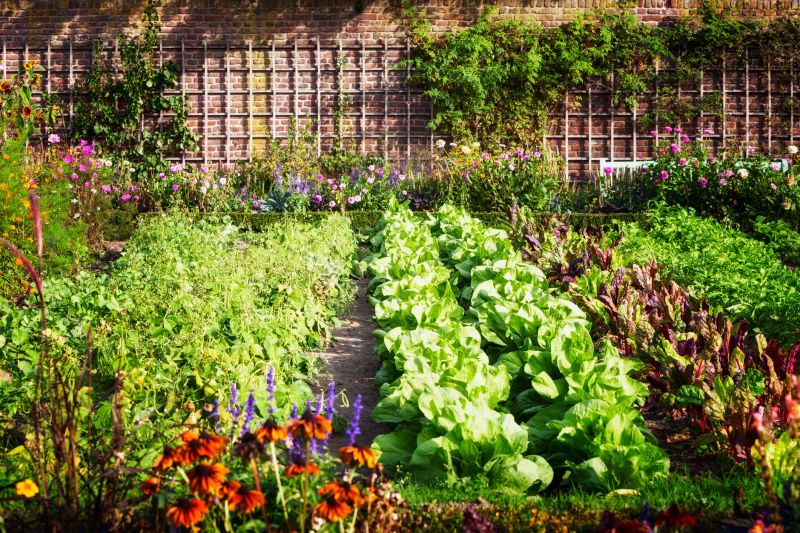
Ways to make Vegetation Controls work in tight or awkward layouts.
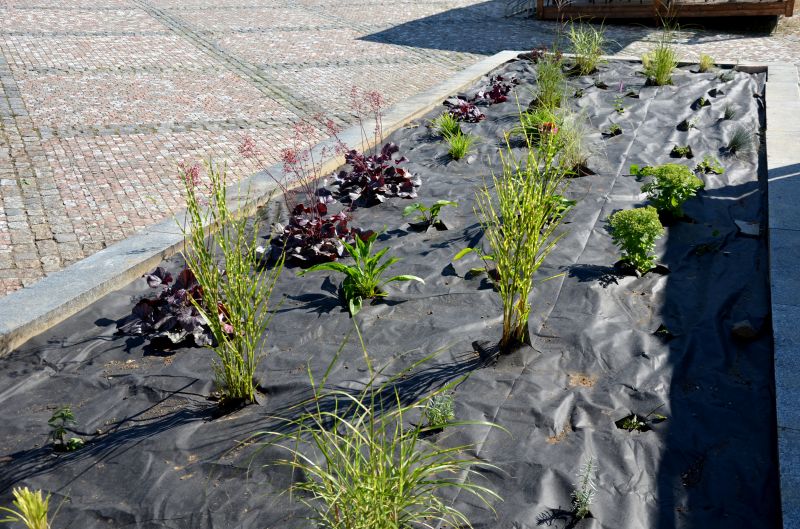
Popular materials for Vegetation Controls and why they hold up over time.
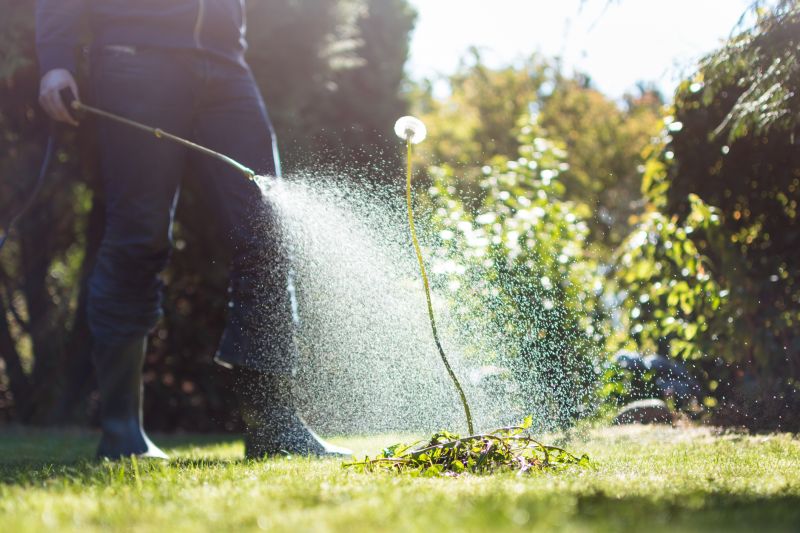
Simple add-ons that improve Vegetation Controls without blowing the budget.

High-end options that actually feel worth it for Vegetation Controls.
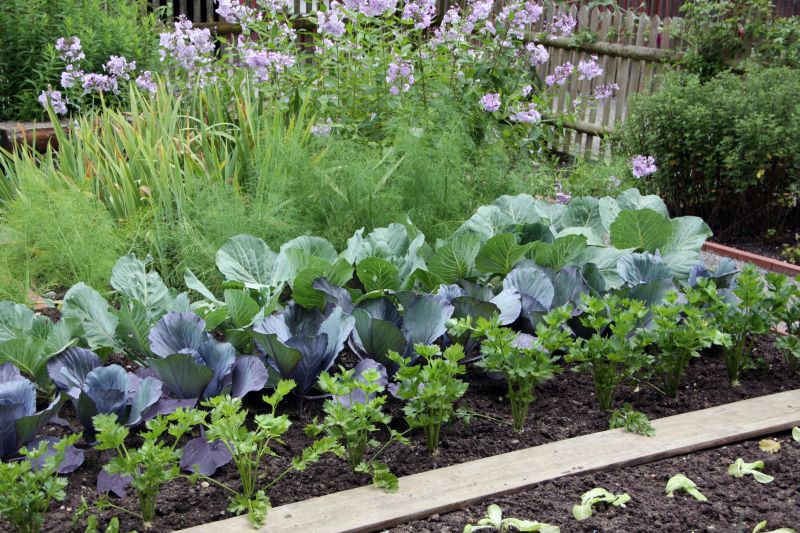
Finishes and colors that play nicely with Vegetation Controls.

Little measurements that prevent headaches on Vegetation Controls day.
Vegetation controls are a critical component of land management, helping to maintain desired plant communities and prevent invasive species from overtaking native habitats. Proper timing ensures treatments are more effective, reducing the need for repeated applications and minimizing disturbance to surrounding ecosystems.
| Season | Best Practices |
|---|---|
| Spring | Target early growth stages before seed production. |
| Summer | Apply during active growth for maximum uptake. |
| Fall | Focus on perennial species to prevent regrowth. |
| Winter | Use for dormant plants and site preparation. |
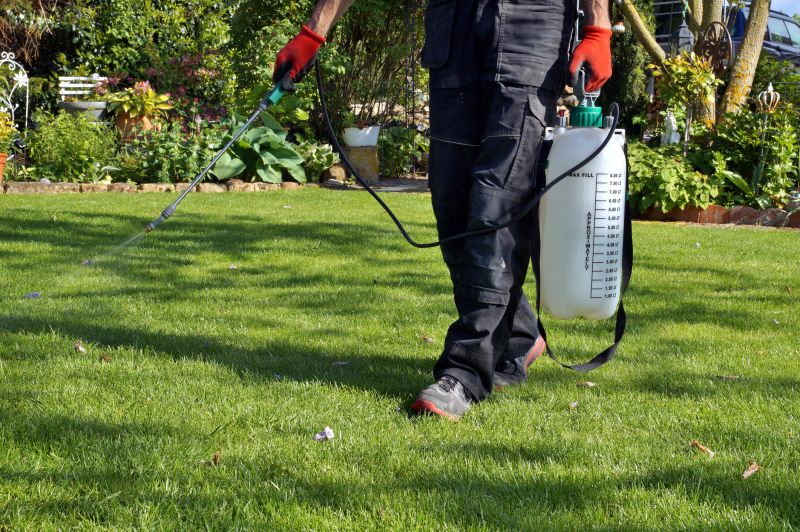
A 60-second routine that keeps Vegetation Controls looking new.

A frequent mistake in Vegetation Controls and how to dodge it.
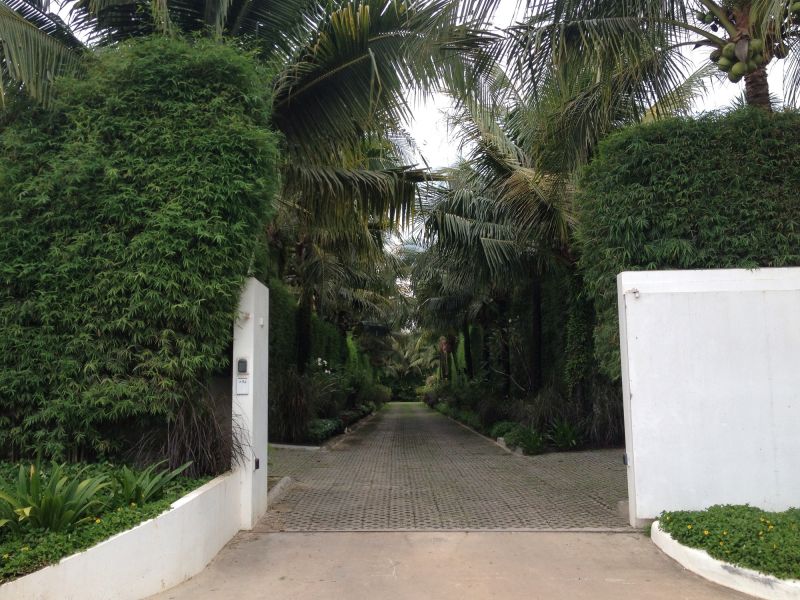
Small tweaks to make Vegetation Controls safer and easier to use.
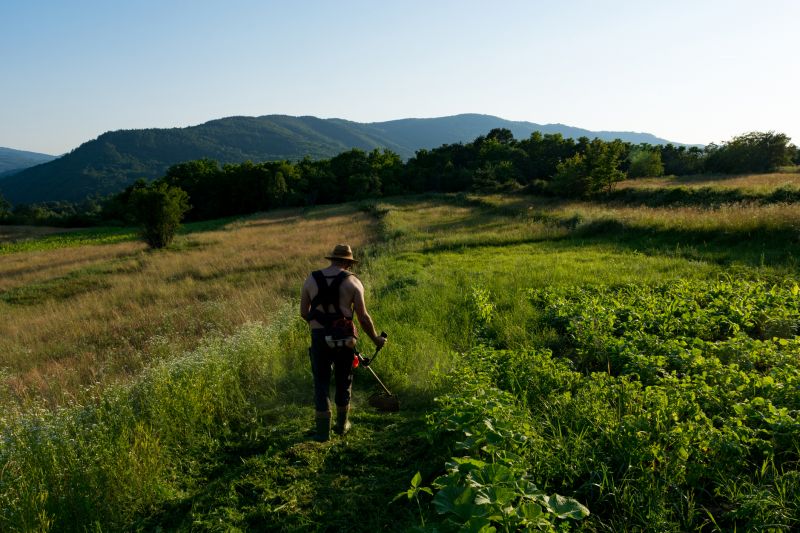
Lower-waste or water-saving choices for Vegetation Controls.
Understanding the optimal timing for vegetation controls enhances land management strategies, ensuring invasive species are effectively managed and native ecosystems are preserved. Proper scheduling reduces long-term maintenance costs and promotes healthier plant communities.
Interested in implementing vegetation control measures? Filling out the contact form provides an opportunity to discuss tailored solutions suitable for specific site conditions and management goals.
